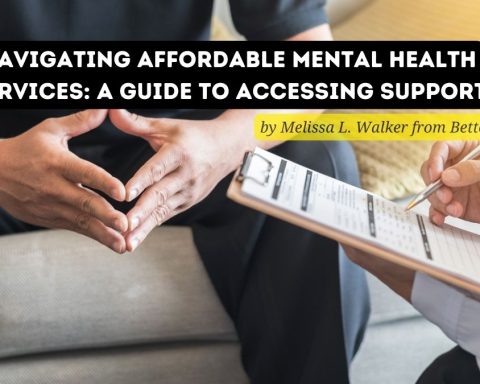Clinical depression is common amongst the elderly and can often be a natural part of aging. There are facts and figures that estimate that there are 6 million elderly people who are aged 65 or over that are depressed and only 10% of those receive proper treatment.
There are many different causes of depression and the leading cause is loneliness for the elderly. Senior members are often left too proud to ask for help or are often alone, simply because their partner may have passed away or their financial situation is different to that of their friends. 20% of all elderly residents live alone, which only 43% of this proportion admit to feeling the effects of loneliness and depression. This means more than half or 53% are suffering without any treatment. Loneliness isn’t the only cause of depression as there are other factors to take into consideration which include insomnia, diabetes, dementia, and cancer.
To help understand the contributing factors of depression we have come up with 5 steps to ensure that you are aware.
Symptoms
You can’t simply take one’s blood and see that they have been diagnosed with depression. There are numerous things that can account for depression and these include withdrawals from regular activities, the lack of urgency to move or eat and of course lack of sleep. These are three major signs and it is important that they are dealt with properly. In most cases, the elderly are not aware that they are depressed, so it is important to ease the senior relative or member into it, rather than labeling them.
Feelings
There are beliefs out there that indicate younger people cope with losing a lot better than senior members, as they have grown with them and experienced more. This can help the elderly cope with them and remember them in the positive light that they deserve, in which will help them release the emotion rather than bottling it up. Hear them out so that they know and feel that someone is there for them during that turbulent and difficult period in their lives.
Medical Care
Once you admit your loved one into medical care, you will truly get an insight into their mindset, which is beneficial in this situation. You will get an understanding of how they feel, how they think and you get a better understanding of how to cope with it. There could be assisted living facilities in which they will be surrounded by people all the time and have visiting hour slots. There are also other remote monitoring facilities, however, it is truly down to what you want to do with your loved one.
Depression is an Illness
Don’t be fooled into thinking that depression isn’t an illness or a medical condition. It is not something that is solved by ‘think positively about life’. As a member or family or even a best friend, being supportive isn’t always the answer and it cannot always make people overcome depression, which in turn makes treatment and cures even more important. You will need to support them in whatever turn their life takes, so it’s important to stay away from comments such as ‘pull up your boots’, ‘carry on’ and ‘keep calm’.








